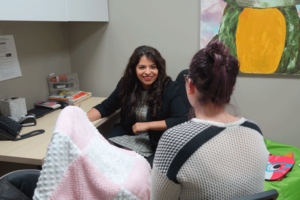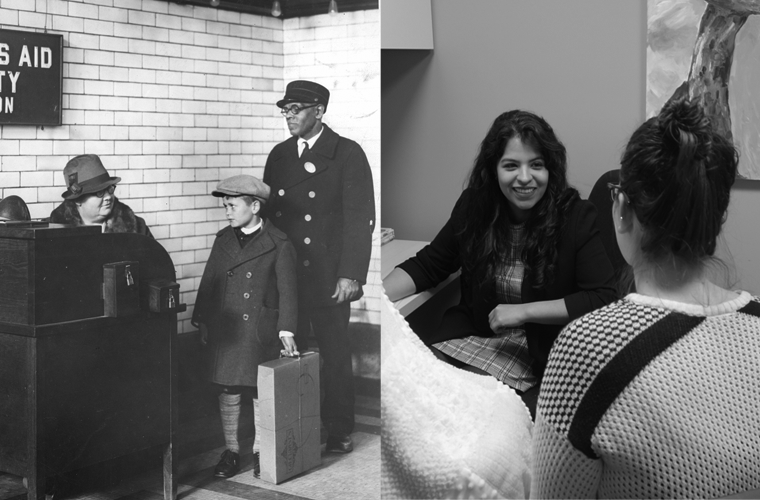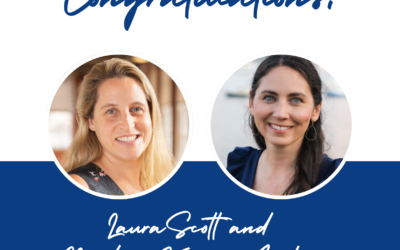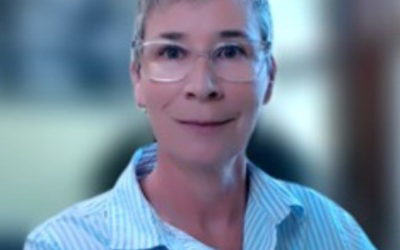We Meet a Moment of Crisis Again
FamilyAid was established over a century ago in response to a decline in the U.S. economy, massive migration to Boston by families fleeing vulnerability elsewhere, and the effects and aftereffects of a devastating worldwide pandemic.
If that sounds familiar, it’s for good reason. Despite steady technological progress that would have seemed unthinkable 100 years ago and advances in science that save millions of lives each year, the same three issues face Boston today:
- A sputtering economy saddled by near-record inflation and soaring housing costs
- An influx of hundreds of new, lawful migrants fleeing their home nations’ violence and political instability
- The lingering economic effects of the pandemic and now flu and RSV outbreaks on low-income families working reduced hours without benefits.
 As it did in 1916 – when Boston was reeling from the World War I recession, the Great Migration from the south and the Spanish flu pandemic – FamilyAid is again meeting the moment, especially with Boston’s local healthcare infrastructure severely strained.
As it did in 1916 – when Boston was reeling from the World War I recession, the Great Migration from the south and the Spanish flu pandemic – FamilyAid is again meeting the moment, especially with Boston’s local healthcare infrastructure severely strained.
In November alone, approximately 500 migrants – mostly families with young children seeking asylum and connection with the diaspora – arrived in the area, which has stretched city and state resources extremely thin. Already assisting more than 4,000 Boston residents experiencing homelessness, FamilyAid has stepped in with immediate support and temporary crisis way stations.
The agency has leveraged its considerable case management, shelter, and housing expertise for more families by adding:
- 5 crisis hotel units for families initially sheltering in Boston hospitals
- 12 new fully stocked and furnished apartments to support the state’s efforts to expand shelter options beyond hospital boarding
- At least 2-3 weeks of food and supplies for each family while SNAP (Supplemental Nutritional Assistance Program) applications are backlogged
- Winter clothing and transportation
- The support of trauma-informed, culturally competent, bilingual case managers who can acclimate newly arrived family members and navigate them to other resources, including inoculations and enrollment in Boston Public Schools
 “For more than a century, FamilyAid has effectively reduced massive spikes in Boston’s persistent housing and family homelessness crises,” says FamilyAid President Larry Seamans. “Despite economic uncertainty and governmental hesitancy, we are meeting our mission – and this moment – to ease the suffering of our neighbors.”
“For more than a century, FamilyAid has effectively reduced massive spikes in Boston’s persistent housing and family homelessness crises,” says FamilyAid President Larry Seamans. “Despite economic uncertainty and governmental hesitancy, we are meeting our mission – and this moment – to ease the suffering of our neighbors.”
FamilyAid has helped more than 170 children and parents move from hospital emergency rooms to safe shelters and housing since the program was launched. Seamans added that the agency is also aggressively pursuing additional temporary shelters and permanent housing options for the area’s increasing number of homeless families.



